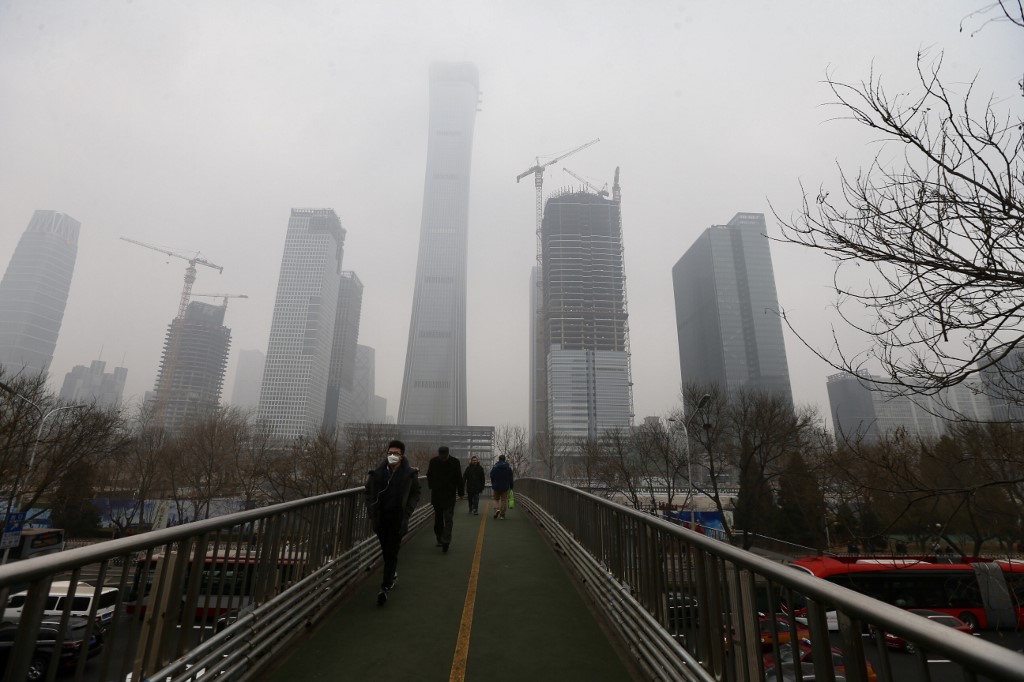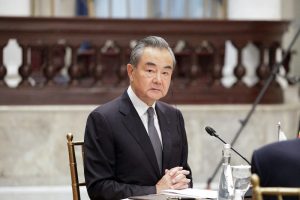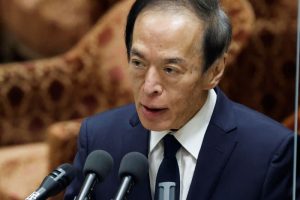(ATF) The Yongtai Energy debt saga continues. Yongtai Energy is China’s largest A-share integrated and privately-listed coal-power energy company, but it has had multiple bond defaults since July 2018.
The Shanghai Clearing House announced yesterday that April 7 was the date when interest was due to be paid on a first medium-term note (code: 101800342/18 Yongtai Energy MTN001) belonging to Yongtai Energy (600157.SH) since 2018. As of the end of the day, the Shanghai Clearing House had not received interest payment from the company.
Yongtai Energy is controlled by Wang Guangxi, a legendary coal boss who has been named on the Hurun list of wealthy Chinese. However, the company has a debt crisis which triggered a cross-default on other bonds in the interbank market. Its holdings have been downgraded to C by many institutions.
In order to repay the huge default debts, Yongtai Energy has stepped up its disposal of assets, while delaying the payment of instalments on some default bonds.
According to previous statistics from Interface News, as of June 2019, Yongtai Energy and bondholders signed an agreement to delay instalment payment on bonds totalling 4 billion yuan.
In addition, Yongtai Energy still has 12 billion yuan of substantive default bonds to be dealt with urgently.
Selling assets to pay debts
Yongtai Energy is currently conducting in-depth communication with buyers on a first batch of 23.8 billion yuan of its asset disposal projects.
According to follow-up progress on debt defaults disclosed by Yongtai Energy on March 6, the company is taking various measures to dispose of assets. They include: Zhuhai Oriental Jinqiao Phase I and Phase II Fund Shares, Huaneng Yanan Power Plant (49% equity), Zhangjiagang Qingcao Lane Ji Jun Energy Co Ltd (65% equity), Jiangsu Yongtai Huaxing New Energy Co Ltd (100% equity), Jiangsu Jiyi New Energy Co Ltd (100% equity), Jiangsu Jixin Electric Power Co Ltd (60% equity), Shandong TEDA Energy Co Ltd (100% equity), 100% equity of Kaidi New Energy Development Co Ltd, 100% equity of Tibet Huaming Industrial Co Ltd, and 100% equity of Guizhou Xinjintai Energy Co Ltd.
These were sold and all funds recovered were reportedly used to repay the company’s debts and supplement the funds required for operations.
The financial report said that from 2016 to 2018, Yongtai Energy achieved total revenues of 13.699 billion yuan in 2016, 22.388 billion yuan in 2017, and 22.327 billion yuan in 2018 respectively. It achieved net profit attributable to shareholders of the parent company of 669 million yuan, 602 million yuan, and 660 million yuan, respectively.
But in 2018, performance growth stalled, Yongtai Energy disclosed in the company’s 2019 annual performance pre-announcement on January 17. During the reporting period, the net profit attributable to shareholders of listed companies was 140 million to 170 million yuan, an increase of 112% year-on-year.
Yongtai Energy said the company’s current performance increase was mainly due to a year-on-year decline in thermal coal prices, which led to a reduction in coal procurement costs in the power sector and saved approximately 401 million yuan. The current decrease in the company’s finances and interest rate levels led to a decrease in financial expenses of about 652 million yuan.
Also read: China ‘should not give stimulus funds for coal plants’
























